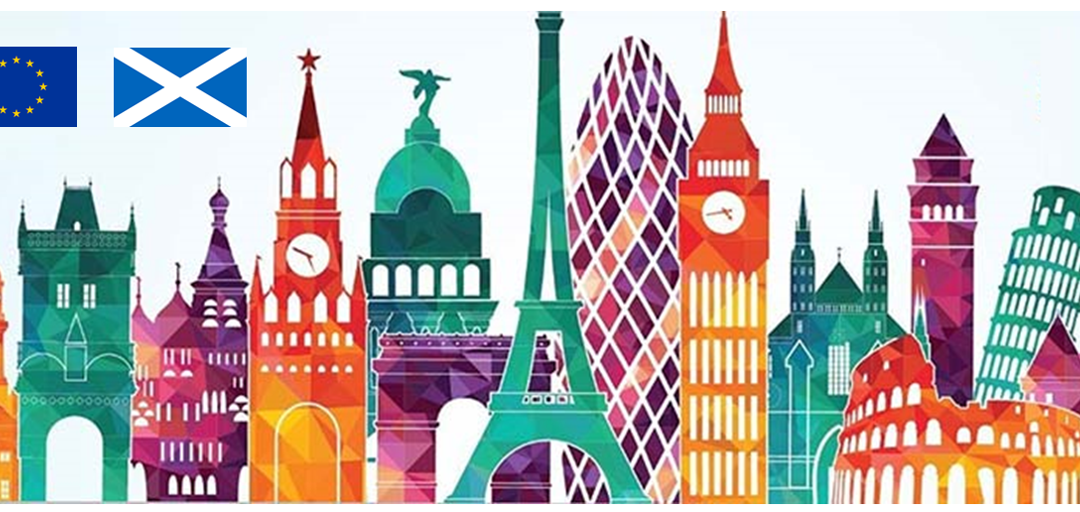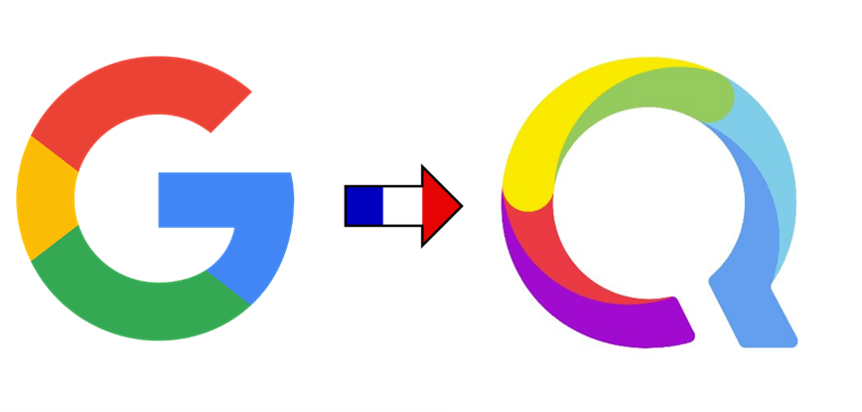Can blockchain solve the problem of trust?
The answer is no! … Okay, that would be a very short read so maybe I should provide the reasoning behind this short answer. Also, to avoid appearing too negative on the issue, I should first state that I do believe that blockchain has a lot to contribute positively around the issue of trust.
The internet has connected the world ( well over half of the world’s population can now access the internet ) we can communicate and transact with almost anyone on the planet. The problem is that a small proportion of the people feeding us information or attempting to transact with us cannot be trusted. So, the internet may well have solved a worldwide communication problem but in so doing a large problem of trust has emerged – i.e. we can now connect with billions of people we don’t know, we know that some of them will be dishonest, but we don’t know who specifically we can trust. The traditional way to address the “who do we trust” problem is to use people we do trust as intermediaries to check information or to police transactions and, of course, this is expensive and time consuming.
Today with the use of blockchain we can now make financial transaction successfully without using a trusted intermediary – except we are using blockchain’s distributed ledger as the trusted party. We trust the ledger because it is distributed, transparent and the code that created it is open for verification. In the case of bitcoin the code is relatively simple and generally trusted, however as blockchain is now being used for more involved tasks, the code can become complex and will inevitably require updates to fix bugs and improve functionality – thus it is helpful to have a trusted party with the authority to make such changes (albeit with high levels of transparency through visibility of the code).
The holy grail for many blockchain evangelist is the Decentralised Autonomous Organisation (DAO) where the organisation hierarchy is flat (i.e. there is no board or government that sits at the top of a hierarchical pyramid to manage the organisation). The governance is automatically orchestrated by smart contracts, the evolution of the organisation is through the members (typically token holders) having voting power and any changes to the organisation would be by consensus of the members. Even fixing a bug in the constitutional code requires new code to be proposed, and that a consensus of members agree to accept the new code. Reaching consensus quickly on complex issues in a dynamic organisation is not always practical and so the ideology begins to crumble somewhat. In the future entire countries could perhaps be run as DAOs, but today’s technology is simply not advanced enough to allow the removal of key decision makers.
For complex systems to be based on blockchain today there needs to be many trusted elements in the system, and completely flat hierarchy organisations are not yet practical for all but the simplest of systems run by smart contracts. This might not sit well with many of today’s blockchain evangelists, but the reality is that we have shifted a problem of “who do we trust” to a problem of “do we trust this code” – or even do we trust the person that wrote the code. The public visibility of code and consensus to accept it helps greatly. However, most software developers would agree that you cannot always trust your own code to do exactly what was intended once it has reached more than a few tens of lines, even with rigorous reviews and testing (just ask NASA!).
So, it seems we cannot eliminate the problem of involving a trusted party, but we can greatly improve the confidence in the trusted party through transparency and consensus. What this means is that if a trusted party commits a dishonest or negligent act that is not immediately detected, there may not be a direct mechanism to stop the impact of this, but there is an indirect mechanism that will reveal wrongdoing or incompetence and therefore encourages the trusted party to act honestly and diligently in the first place.
Let me use a true story to illustrate this in practice. Estonia is believed to have the most advanced digital society in the world. Everyone has a digital identity and access to most of their own digital information. Access to certain sensitive personal information is only permitted for legitimate reasons by certain parties and all data access is recorded on an immutable ledger. An Estonian police officer once decided to use his privileged access to citizen data for the purposes of checking on his partner. He had no right to view her data for this purpose but had been trusted with access to this system. His partner was able to see that her records had been accessed by the police on a particular day. She questioned the reason for this and on investigation by the authorities it was revealed that it was her partner that had looked at her records. His improper actions had been recorded on a trusted ledger and resulted in him being sent to prison. This story has even been retold by their president and serves as a powerful deterrent to any other trusted person in Estonia considering abusing their privileged access to personal data.
So, although a system with this type of transparency may not, in all instances, stop improper behaviour by trusted parties, the fact that the wrongdoing could be easily detected reduces the likelihood of future abuses and increases trust. In a nutshell, transparency becomes the basis for trust; and the blockchain’s immutable distributed ledgers and open source code are excellent for transparency.
In summary, blockchain is not a panacea for trust. In a simple sense it seems to be a partial solution to the problem of distrust. i.e. we can actually transact directly with untrusted individuals without a trusted intermediary if we can trust the blockchain technology that oversees the transaction. Blockchain and smart contracts cannot be inherently trusted – they must establish trust in the architects, the coders the participants, and anyone involved in the implementation and operation of the system. However, the transparency and consensus mechanisms built into the technology are a significant aid to building that trust.
The post Can blockchain solve the problem of trust? appeared first on Trisent.









